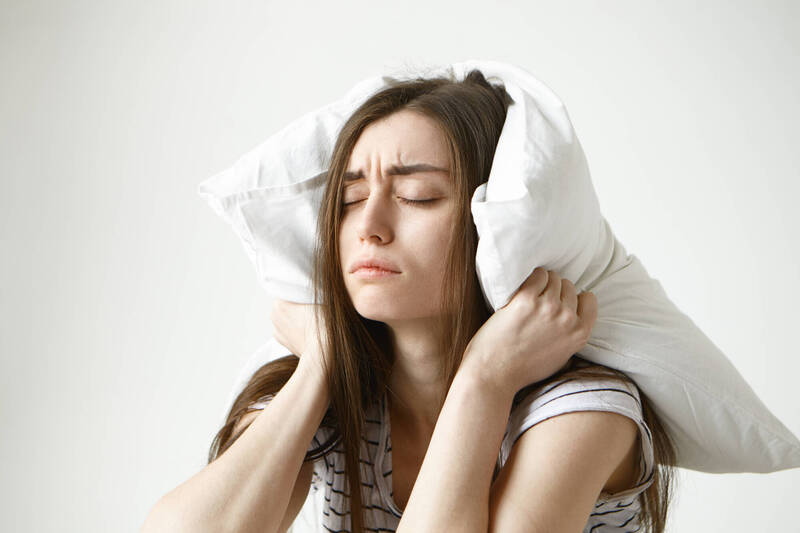Physicians suggest that those suffering from insomnia should establish good sleep hygiene habits, engage in relaxing and relaxing activities, and have a correct sleep cognition; situational photos, the people in the picture have nothing to do with this article.
(picture taken from freepik)
[Health Channel/Comprehensive Report] There are many causes of insomnia, such as physical discomfort or environmental and mental factors.
Liu Weiqin, a neurologist at the New National Hospital of Taipei Medical University, suggested that you can first develop the habit of writing a sleep log and record unusual behaviors during 1 to 2 weeks of sleep, such as nightmares, night terrors, sleepwalking, teeth grinding, or panic.
In addition, she also provided the "Insomnia Self-Assessment Form" for public reference.
Liu Weiqin explained that a detailed sleep log is the best way to find out insomnia, and it is also the best basis for treatment selection. If more objective clinical indicators are needed, sleep physiological examination will be used to rule out special sleep diseases and help understand personal sleep physiological dynamics , and provide specific data for judgment.
Please read on...
Liu Weiqin said that if the public cannot implement the above recommendations, they can self-assess whether they have the following symptoms based on their sleep status in the past 4 weeks.
If 2 or more answers to the following questions are often the case, it is recommended to discuss sleep conditions and treatment methods with your doctor.
●Having trouble falling asleep.
●It takes more than 1 hour to fall asleep.
●Wake up more than 3 times at night.
●When I wake up at night, it takes more than 30 minutes to fall asleep.
●Wake up too early in the morning.
●Worried about not being able to sleep well.
●I drink alcohol to help me fall asleep.
●When lying in bed, the legs feel restless or twitching.
●I can't get up in the morning.
●Wake up still feeling tired.
●Sleep can not feel refreshed wake up.
●Not getting enough sleep despite being in bed long enough.
● Sleep makes you feel tired during the day.
Liu Weiqin pointed out that some people will use sleeping pills for treatment, but in addition to drug treatment, it is necessary to cooperate with sleep hygiene principles or non-drug treatment, keep the lowest effective dose and not affect daytime function.
Non-drug treatment starts with establishing adequate sleep hygiene, and is mainly cognitive-behavioral therapy, including good sleep hygiene habits, engaging in relaxing and relaxing activities, and having a correct sleep cognition.
Liu Weiqin said that in daily life, we should cultivate good sleep hygiene habits, develop a regular sleep schedule, set a fixed bedtime and wake-up time, and avoid looking at blue light (such as mobile phones, computer screens), smoking, eating too much or drinking too much before going to bed. In addition, strenuous exercise should be avoided within 4 hours before going to bed.
She reminded that if people are taking drugs such as sleeping pills and sedatives, they need to take them according to the doctor's instructions to prevent the occurrence of addiction problems.
Doctors suggest that the public can develop the habit of writing a sleep log and record the unusual behaviors that occur during 1 to 2 weeks of sleep.
(Provided by New National Hospital of Taipei Medical University)
☆Health news will never be missed, click like to follow the fan page.
☆For more important medical news, please go to Liberty Health.com.
keywords
Insomnia
sleeping pills
to sleep
sleepwalking
related news
